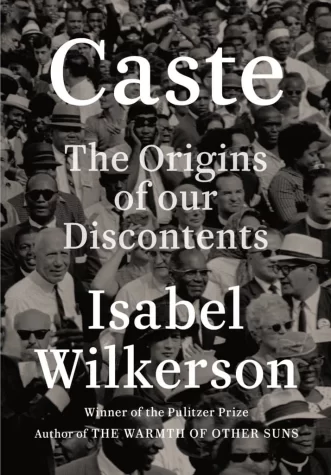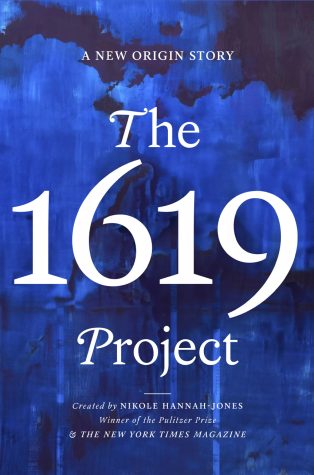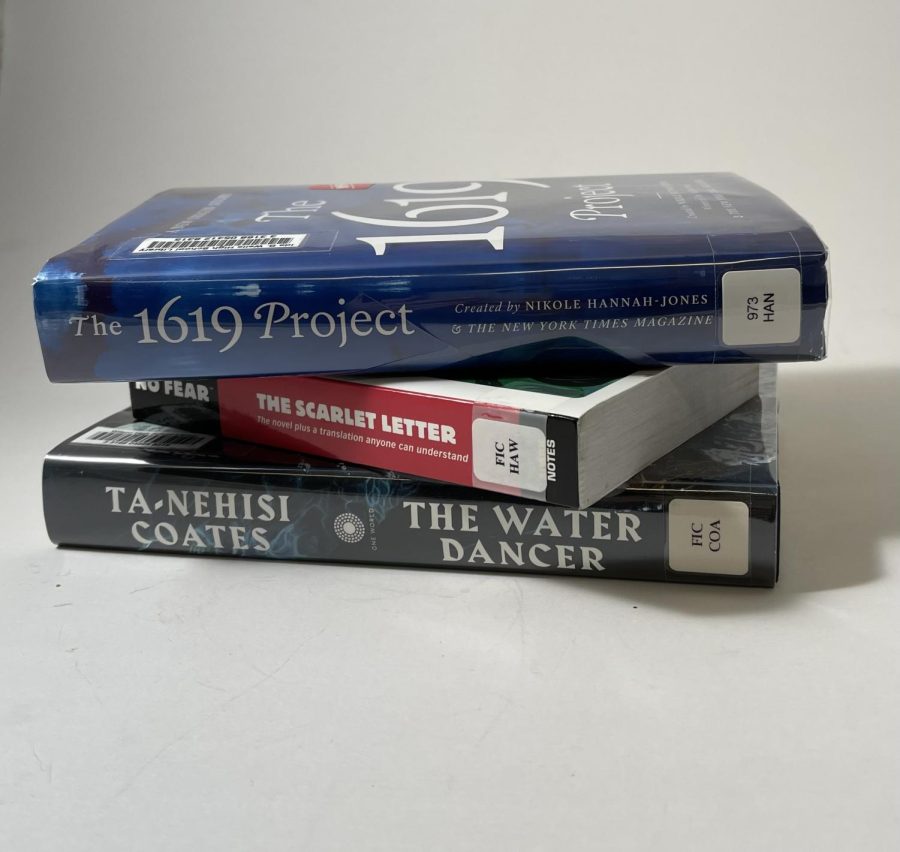Patton’s Picks: A Commitment to Literature, Social Justice and Journalism
March 7, 2023
As a journalism student and the president of Writing Club, I consistently talked with Ms. Patton, the advisor for both, about the literature she enjoyed and recommended. I would consistently trade books with her, keeping the hardbacks in my backpack until I reached fourth period where we could finally discuss what we read. After her passing, I wanted to reflect on the books that resonated with her and the values she carried throughout her life.
The Water Dancer
Ta-Nehisi Coates
Ms. Patton first introduced us to The Water Dancer in our fourth-period journalism class last year. I remember her taking the book in her hands and talking to us about its otherworldly writing. From then on, it sat propped against the projector for anyone to see and borrow. The story highlighted the horrific realities of slavery in the 1860s as children are separated from their parents, and husbands are separated from their wives. It shows love through hardship and the power of familial bonds. Throughout Ms. Patton’s life, she was an advocate for potentially uncomfortable conversations, and she pushed us to discuss issues from racism to LGBTQ+ rights each day, confronting our own biases as we did. As I reflect on her love for The Water Dancer, I can see the value she placed in her relationship with others as well as her constant journey to learn and teach about equity and equality.
Caste: The Origins of Our Discontents
Isabel Wilkerson
Ms. Patton first mentioned Caste to me after a session of Writing Club. After exchanging books, the recommendation seemed to jump out in her mind. Caste examines the underlying hierarchies present in America and how they influence the lives of us all. Ms. Patton was quick to examine such structures throughout her journalistic work as she worked to give voices to those who needed it the most, covering undocumented immigrants and those experiencing houselessness in order to raise awareness of their situations. She was a person constantly working to better herself by examining her own thought process and educating others as she learned. Her passion for others was truly present in everything she did.
The Four Winds
Kristin Hannah
Each week, I remember talking about The Four Winds with Ms. Patton as she read it. She would recount the difficulties of the main character, Elsa, and her life experience during the Dust Bowl in Texas. In the novel, Elsa makes the daring decision to cross the country to find work in California. I found this plot point to be very consistent with Ms. Patton’s readiness for adventure. She would tell us about living in Ohio, Santa Cruz, Seattle, and Portland, and the trips she would take in her van. She had experienced many places, and yet, she always found ways to make each of them home by giving back to the communities through teaching and the stories she told.
The 1619 Project: A New Origin Story
Nikole Hannah-Jones

As a book birthed from The New York Times’s 1619 project, a work of long-form journalism that showed the devastating effects of slavery on every part of American life and culture and worked to center black voices in America’s history. Ms. Patton was all about journalism that made a difference and centered voices often left unheard, and The 1619 Project is the very embodiment of that. We watched a video of Nikole Hannah-Jones speak in last year’s journalism class. Ms. Patton was sure to emphasize that this is what true journalism is and it was easy to see her passion for it. She would lead Friday discussions on subjectivity and bias in the media, transforming my view on what journalism can do. The 1619 Project represents everything Ms. Patton stood for when it came to the pursuit for truth.
Ms. Patton taught everyone who had her to challenge themselves and their preconceived notion of the world around them. She was a person eager for truth, equality, and joy, and she fought for it each and every day. More than just a teacher, she was a friend who truly treated us as people with our own experiences and opinions. While we are no longer able to learn directly from Ms. Patton, I hope some of the books she loved can serve as an extension of her knowledge and kindness.



